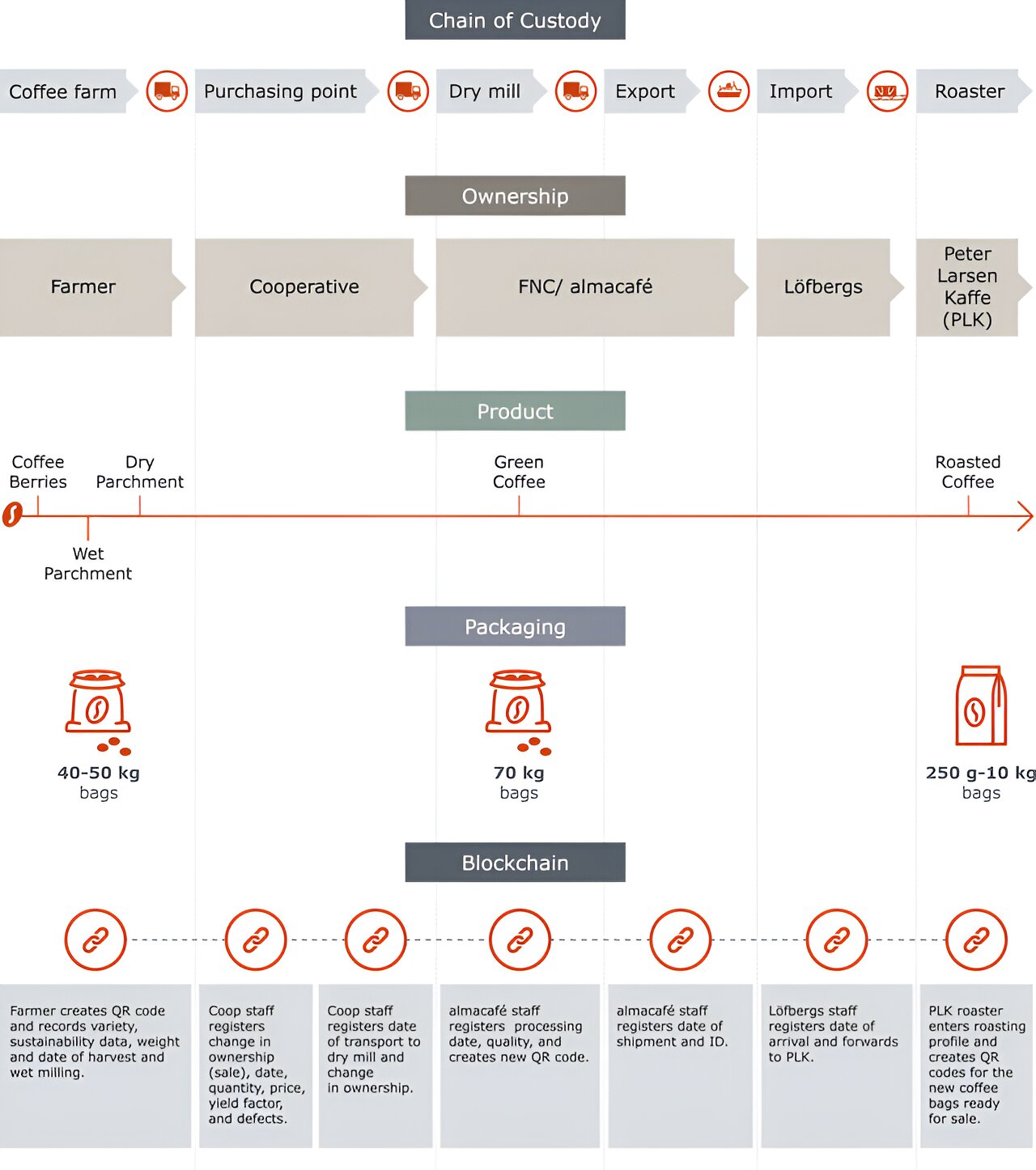
Blockchain technology, specifically Distributed Ledger Technology (DLT), can play a significant role in providing transparency and credibility in supply chains and financial markets, according to research from the University of Copenhagen. Greenwashing scams and questionable carbon credits can deceive climate-conscious consumers and investors, creating a need for trustworthy information on product sustainability and the use of funds in the green transition.
DLT, which consists of unchangeable chains of digitally signed data stored on a network of computers, can help eliminate greenwashing and fraud. Professor Fritz Henglein, a computer science expert, believes that DLT systems can address the issue of responsibility loss in murky supply chains. By providing transparency through DLT, consumers and investors can track where their money is going and gain certainty about the sustainability of products and the usage of funds.
Henglein and his team have developed the REALISTIC model, which combines DLT-based data infrastructure and “digital twins” to record all stages of production. Digital twins are digital representations of physical products that contain information about them. Through this model, companies can track and verify every step of their production process, resulting in more transparent supply chains. Stakeholders can enter relevant information into the data chain, such as the origin and weight of ingredients or verification of water consumption and cultivation methods. The data chain is immutable and prevents cheating or fraudulent practices.
The researchers have already tested the REALISTIC model in collaboration with a Danish coffee roaster, Peter Larsen Coffee. They created a batch of coffee that went through the entire production process using the model, demonstrating the feasibility and scalability of the system.
The recent passing of a new EU law requiring companies to report their carbon footprint further emphasizes the need for transparent and credible data. The REALISTIC system can help companies extract detailed information about their products’ CO2 emissions, allowing customers to verify the climate footprint by scanning a QR code. This system not only benefits companies in documenting their environmental impact but also enables public agencies to collect carbon taxes at the product level.
Henglein believes that individual companies can implement the REALISTIC model to benefit themselves and their customers. However, the full potential will be realized when these inventories become standard across major supply chains, requiring commitment from both companies and public authorities.
DLT and the REALISTIC model offer a promising solution to the challenges of greenwashing and lack of transparency in supply chains and financial markets. By leveraging blockchain technology, consumers and investors can make more informed choices and contribute to the green transition.






